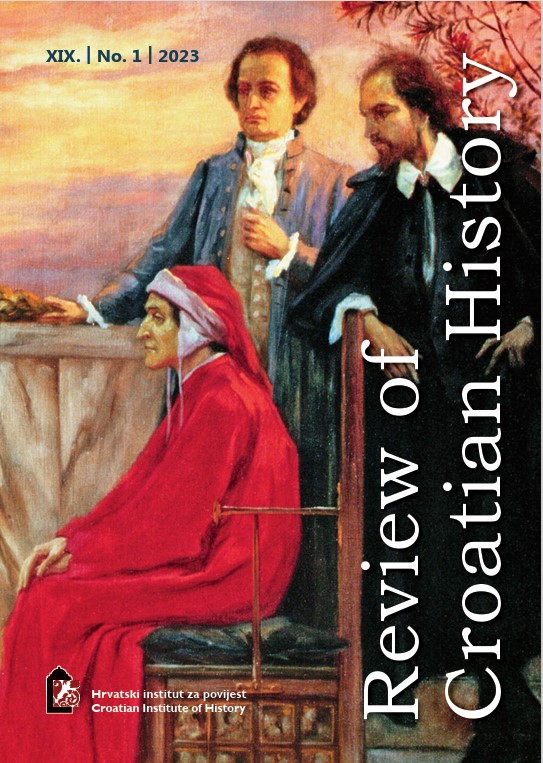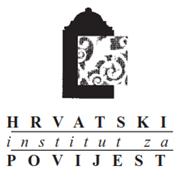The Enlightened Apology of the Latin Language by Marko Faustin Galjuf from Dubrovnik
DOI:
https://doi.org/10.22586/rch.v19i1.28478Keywords:
Latin language; Enlightenment; cult of antiquity; universal language; Marko Faustin GaljufAbstract
In recent Enlightenment studies, a trend can be termed as the “classical turn” because it places a focus on the classical heritage as an integral part of the eighteenth-century culture. Interest in antiquity encompassed Greek and Roman literature, philosophy, and art, and Enlightenment thinkers were particularly fascinated and inspired by the rationalism, humanism, and civic virtues of the ancient world. Archaeological excavations in Italy supported the development of neoclassical style, experiencing a true revival with Rome as its centre. Countless translations of classical authors were in line with “the taste of the time”, and improvisations of poetry from contemporary languages into Latin were especially valued. The Piarist from Dubrovnik, Marko Faustin Galjuf (1765-1834), was one of the most renowned Latin improvisers of his time. He began his teaching career in Rome and later became politically and academically engaged in the pro-French Roman and Ligurian Republics. After the fall of Napoleon’s Empire in 1815, Galjuf fell out of favour due to his past. In 1833, he published an apology for the use of the Latin language titled Essay on the Fortune of the Latin Language (Specimen de fortuna Latinitatis), seeking a way to return to the unforsaken Rome under the rule of Pope Gregory XVI. This paper will explore the Enlightenment socio-cultural context of the creation and arguments of this forgotten but significant piece for the history of cultural patterns of that period. It will be argued that Galjuf’s intention for writing his apology was of an enlightened rather than a conservative nature.
Downloads
Published
How to Cite
Issue
Section
License
Copyright (c) 2023 The copyright holders are the Croatian Institute of History (as the publisher) and the authors.

This work is licensed under a Creative Commons Attribution-NonCommercial 4.0 International License.
The copyright holders are the Croatian Institute of History (as the publisher) and the authors.
The Review of Croatian History is an open-access journal. Its contents are freely accessible in their entirety. Users may read, download, copy, distribute, print, search, or put links to its material, and to change, reword, and process the material or use it in other legal ways, as long as they cite the original in the appropriate manner, in accordance with the Creative Commons licence CC BY-NC.
Works published in the Review of Croatian History may be deposited in institutional or thematic repositories, as long as the appropriate links to the web pages of the Journal and Hrčak (central portal of Croatian scientific journals) are made available.
The self-archiving policy is indexed in the Sherpa/RoMEO database, where it is visible that the journal allows the depositing of unreviewed (pre-print), reviewed (post-print), or publisher’s versions of the work.


